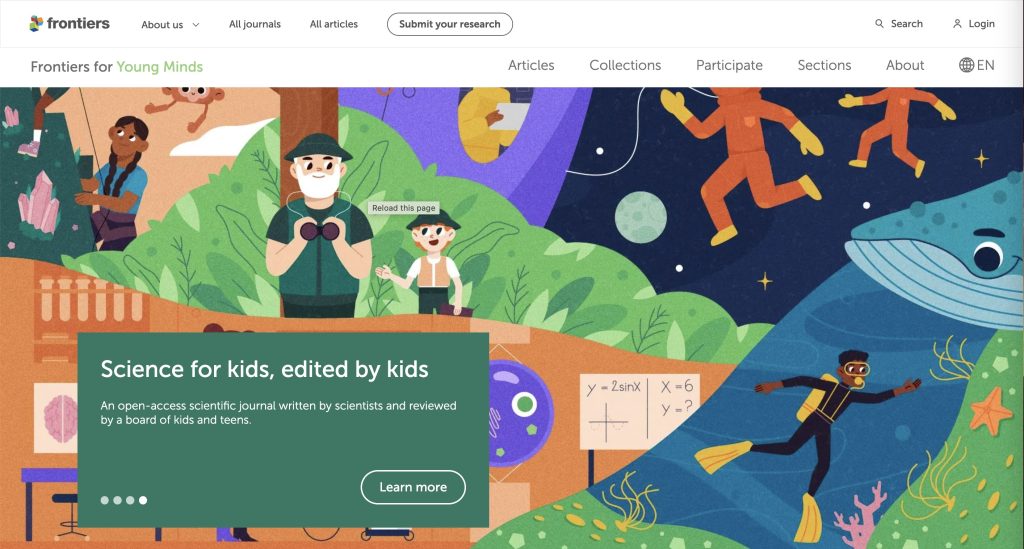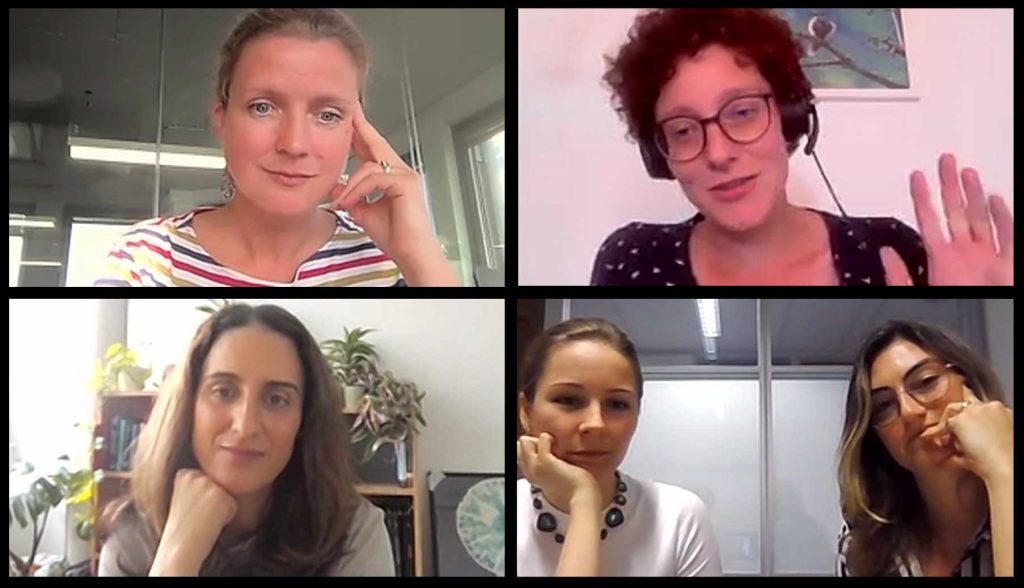OEGlobal is thrilled to announce Andreia Inamorato dos Santos (PhD) as our new Executive Director starting November 16, 2022.
Andreia is a researcher, a teacher, and a champion for open education with over 25 years of experience working internationally with institutions in Latin America, Europe, USA, and Africa.
An established member and contributor to the OEGlobal community, Andreia is well known for her energy, passion, and dedication to open education in all of its forms. In 2016, she spearheaded the development of the European Framework for Open Education as lead author, which gave rise to follow-up projects and initiatives in EU Member States, some of which have been mapped in the Going Open: OpenEdu Policies project, involving 28 Member States.
In 2019, she was appointed as the European Commission representative in the OER Recommendation meetings at UNESCO headquarters having had the opportunity to follow the OER Recommendation process closely in the regional meetings in Latin America and Europe.
Andreia has made significant scholarly contributions to the field with research focused on OER, open education practices, and policies. She holds a PhD in Educational Technologies and a Master of Science in Research Methods for Educational Technology, both from the Open University. She also holds a Master of Arts in Linguistics and Literary Studies in English from São Paulo University (USP). Thanks to this wide range of knowledge and experience, Andreia has led several impactful projects to reimagine policies related to open concepts and the digital commons.
Born and raised in Brazil, Andreia has long-standing connections throughout the LATAM region and across Europe. A true global citizen, she has lived and worked in three countries and on two continents. She is fluent in Portuguese, Spanish, and English.
It has been a joy getting to know Andreia throughout the recruitment process. Her warm energy is coupled with deep intelligence and care for the OEGlobal staff, members, and community. Together, we share a vision for OEGlobal that builds on the strategy set out in the 2021-2030 Strategic Plan, Open for Public Good.
As we enter this next chapter, we extend sincere gratitude to Paul Stacey for his caring and thoughtful leadership over the past five years. You can read about Paul’s next steps here and thank him for his contribution to Open Education here. Thanks also to the OEG staff, members of the Board, our funders, and the community for your support throughout this leadership transition journey.
Please join us in welcoming Andreia to her new position as Executive Director of Open Education Global! Post your welcome message below.
Signed, with appreciation,
The OEGlobal Board and Staff:
- Alan Levine, Strategy & Engagement Director, Canada
- Cathy M. Casserly, Board Member, USA
- Constance Blomgren, Board Member, Canada
- Diana Hernández, Board Member, Costa Rica
- Hsu-Tien (Marian) Wan, Treasurer, Taiwan
- Igor Lesko, Director of Operations, South Africa
- Isla Haddow-Flood, Director of Communications, South Africa
- Jan Gondol, Director of Technology, Slovakia
- Katsusuke Shigeta, Board Member, Japan
- Lena Patterson, President of the Board, Canada
- Lisa Young, Board Member, USA
- Liz Yata, Manager of CCCOER Communities, United States
- Marcela Morales, Director of Community Relations, Mexico
- María Soledad Ramírez Montoya (Marisol), Board Member, Mexico
- Mario Badilla, Creative Director, Costa Rica
- Martin Dougiamas, Board Member, Australia
- Noureddine Zemmouri, Board Member, Algeria
- Paul Stacey, Executive Director, Ex-Officio Board Member, Canada
- Perrine de Coëtlogon, Board Member, France
- Rachel Zhang, Director of Finance, United States
- Una Daly, Director of Community College Consortium for Open Educational Resources (CCCOER), United States
- Willem van Valkenburg, Past President of the Board, Netherlands
Welcome Andreia Inamorato do Santos on OEG Connect
Post your welcome to the discussions below by clicking on reply on OEG Connect below.


